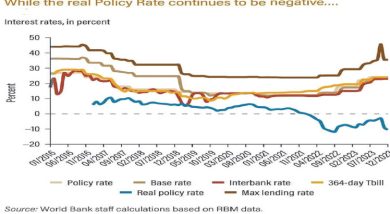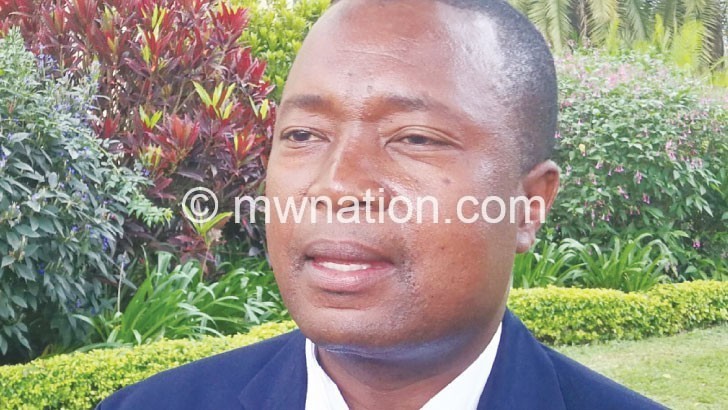Govt opens fiscal year with deficit
The Malawi Government recorded a deficit of K46.8 billion in July, the first month of this fiscal year, up from K28.4 billion recorded in June, figures from the Reserve Bank of Malawi (RBM) show.
The figures contained in the July Economic Review Report released on Friday show that the July deficit was 0.5 percent of gross domestic product (GDP), up from 0.3 percent of GDP recorded in the preceding month.

During the same period last year, the deficit was 0.4 percent of the nominal GDP pegged at $10.9 billion (about K8.9 trillion.
Explaining the deficit or expenditure surpassing revenue, RBM said revenue collection declined by 28.8 percent or K45.5 billion to K112.5 billion in July 2021.
This is despite revenues increasing by 4.4 percent when compared to K107.8 billion recorded during the corresponding month in 2020.
In terms of expenditure, the figures show that central government expenditures also registered a decrease of 14.5 percent or by K27.1 billion to K159.3 billion in July 2021.
In an interview on Sunday, University of Malawi economics professor Ben Kaluwa said prolonged budget deficits have several implications, particularly on the implementation of the fiscal plan if government fails to finance the deficit.
“The deficit increases the national debt, which causes economic instability if it reaches the levels that cannot be sustained,” he said.
On his part, Malawi University of Business and Applied Sciences associate professor of economics Betchani Tchereni said rising fiscal deficit has implications on macroeconomic stability.
“Financing deficits is mostly done through borrowing on the financial market within the country, which may end up becoming unsustainable and disturb the macro-economic environment,” he said.
In its recent Malawi Economic Monitor, the World Bank cautioned against large fiscal deficits, saying fiscal deficits funded by high-cost domestic borrowing pose a risk to fiscal sustainability, with domestic debt service comprising an increasing share of revenues.
The Bretton Woods institution said Malawi needs a sustainable fiscal policy to reduce debt service costs, observing that fiscal consolidation in the medium-term will be needed.
Reads the report in part: “Instead of borrowing from domestic sources for recurrent expenditure, this should be covered as much as possible by domestic revenues.
“This will require prioritising expenditure in a sustainable medium-term fiscal framework based on realistic revenue and grant assumptions.”
The World Bank has since projected that the fiscal deficit could go up to 9.4 percent of GDP, stressing that there are risks that it could go even higher.
In an earlier interview, Minister of Finance Felix Mlusu indicated that for the 2021/22 financial year, the projected overall deficit is estimated at K723.8 billion, a rise from K718 billion in the 2020/21 fiscal year.
Malawi Revenue Authority has been given a revenue collection target of K1.033 trillion in the nine months period up to March this year.





